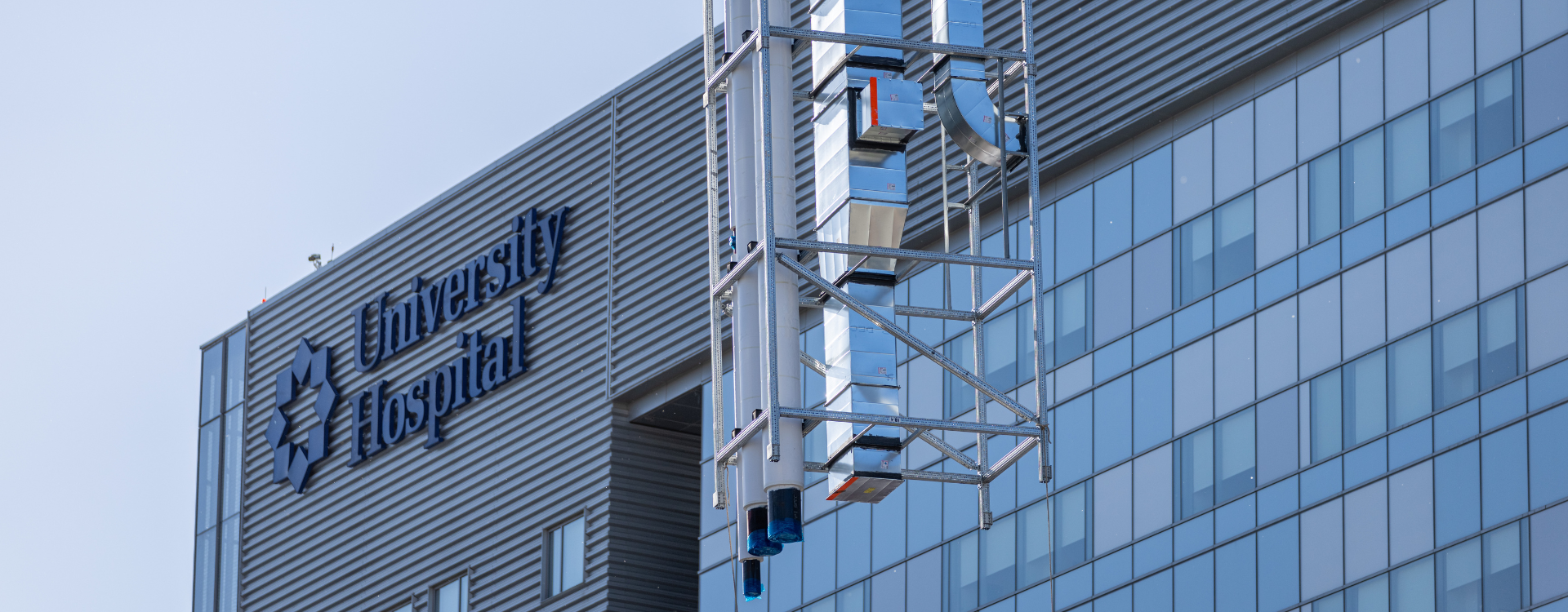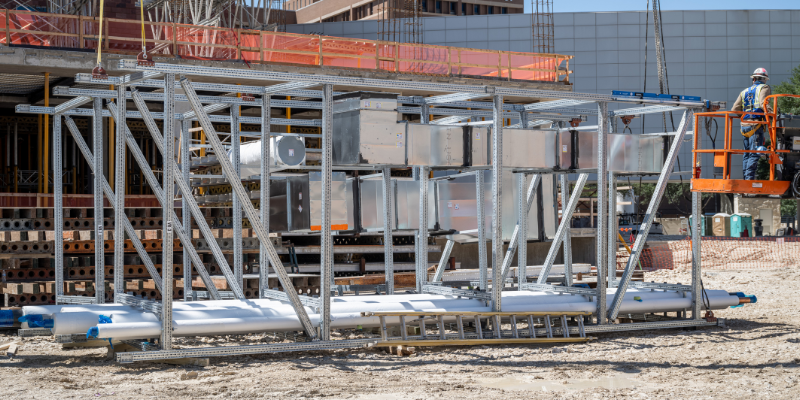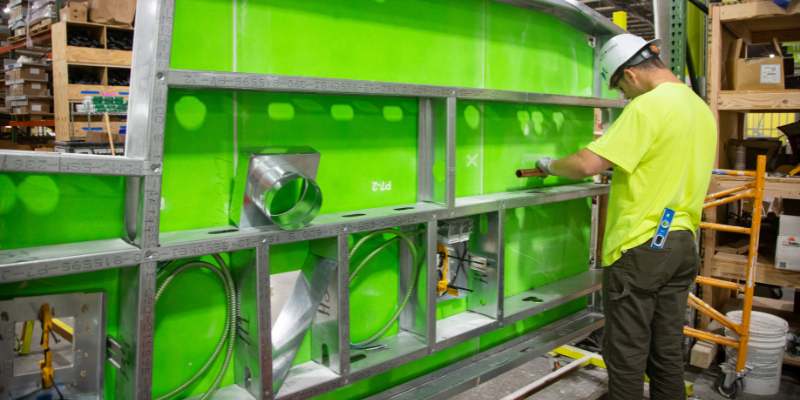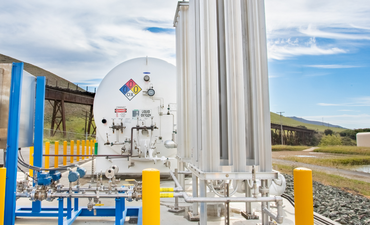
Healthcare construction presents complex challenges due to stringent mechanical, electrical, and plumbing (MEP) requirements. From ensuring continuous power availability to maintaining precise temperature and humidity control, these environments demand meticulous planning and execution for strict code compliance.
Collaborative project delivery methods, particularly design-assist and design-build, have emerged as both dynamic and effective approaches for healthcare construction projects.
The power of early collaboration in healthcare construction
Design-assist and design-build project delivery methods foster strong collaboration between design and construction teams from the project's inception. This early engagement helps address design challenges, streamline system selections, and optimize project execution, ultimately eliminating potential delays and delivering better outcomes for all stakeholders. For example, engaging MEP experts early in construction can lead to opportunities to integrate more efficient HVAC systems or optimize energy usage.
Some benefits of collaborative project delivery methods include:
The role of prefabrication and modular construction
Collaborative project delivery methods naturally complement the adoption of prefabrication and modular construction techniques. These approaches amplify project benefits by ensuring higher quality, greater safety, and increased efficiency.
Common prefabrication in healthcare construction
- Patient headwalls and bathroom pods
- Multi-trade racks for corridors
- Central utility plants and equipment skids
- Exterior skin panels and multi-stall restroom piping
By fabricating components offsite in controlled environments, MEP contractors can maintain rigorous quality control, minimize jobsite risks, and streamline installation processes.

Prefabrication benefits in healthcare construction include:
- Enhanced quality and safety: Prefabrication allows for precise assembly and testing of components before they reach the jobsite. This approach reduces exposure to weather and jobsite hazards while helping systems meet stringent performance requirements critical for healthcare projects.
- Cost and time efficiency: Fabricating components concurrently with jobsite preparation accelerates construction schedules. Strategic material procurement during prefabrication can reduce costs. In healthcare renovations, prefabrication minimizes disruptions, enabling facilities to maintain operations.
- Accelerated schedules and labor optimization: Starting fabrication early facilitates faster installation of repetitive components, reducing project timelines. This strategy is especially beneficial in healthcare settings where minimizing downtime is critical. Prefabrication can also address labor shortages by decreasing onsite workforce demands.
- Process improvement through AEC technology: Advanced technologies such as automated cutting and welding systems enhance the precision of prefabrication processes. Digital twin technology supports asset tracking and lifecycle maintenance, offering long-term value to healthcare facilities.

The future of healthcare construction
The integration of prefabrication with design-assist and design-build project delivery methods provides a strategic advantage for healthcare construction projects. These approaches drive greater certainty, enhanced quality, and operational efficiency, ultimately creating better environments for patients and healthcare providers alike.
By embracing collaborative project delivery methods and advanced prefabrication strategies, MEP contractors play a pivotal role in shaping the future of healthcare construction — delivering smarter, faster, and safer solutions for an industry where precision and performance matter most.
Healthcare Program Specialist
As Healthcare Program Specialist, Douglas Calhoun is responsible for working closely with our key clients and construction partners in the healthcare market. With over 30 years of healthcare design and construction experience, he oversees our processes and resources available to provide best-in-class services for our design-build and design-assist healthcare projects in Texas.




